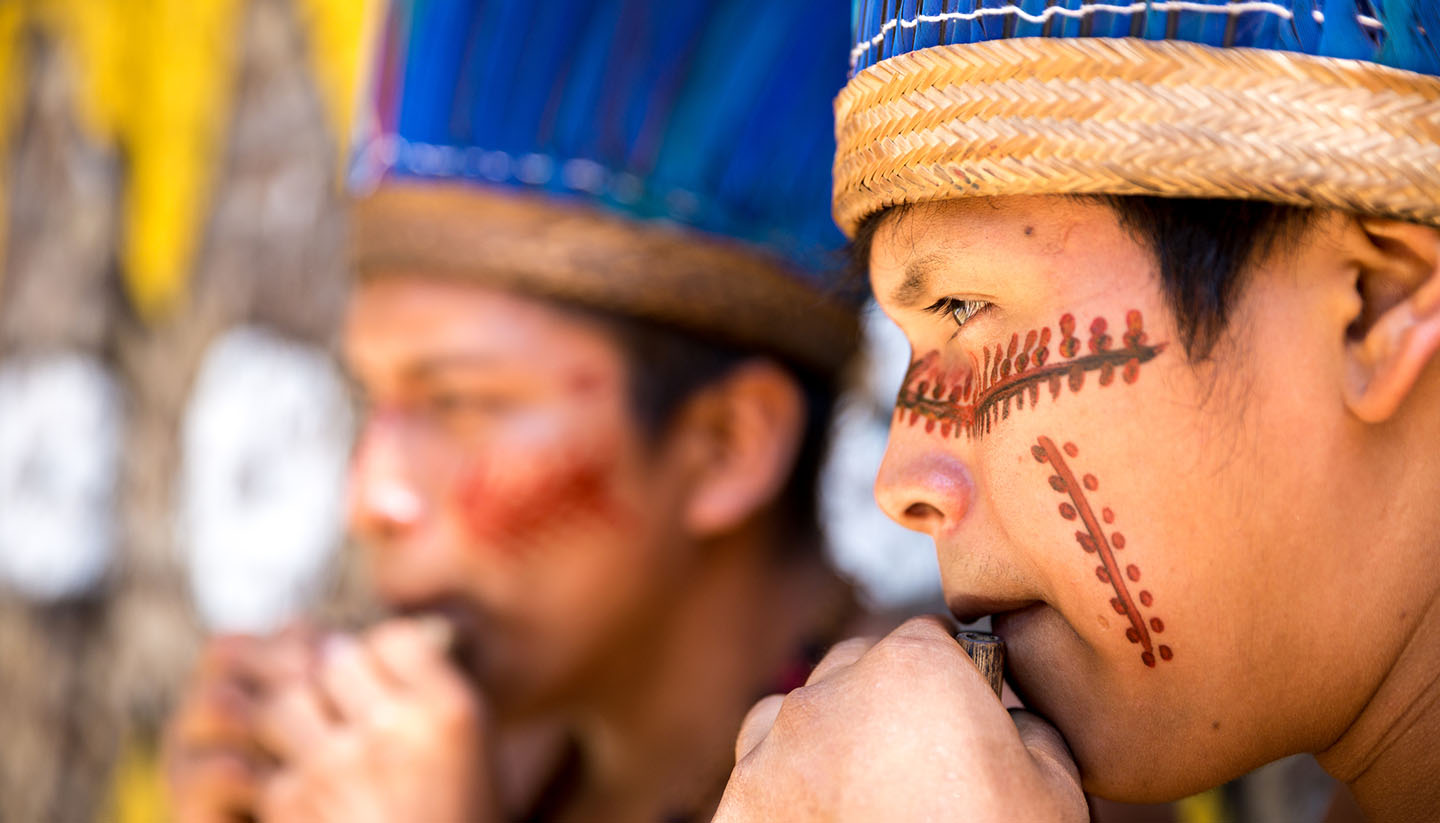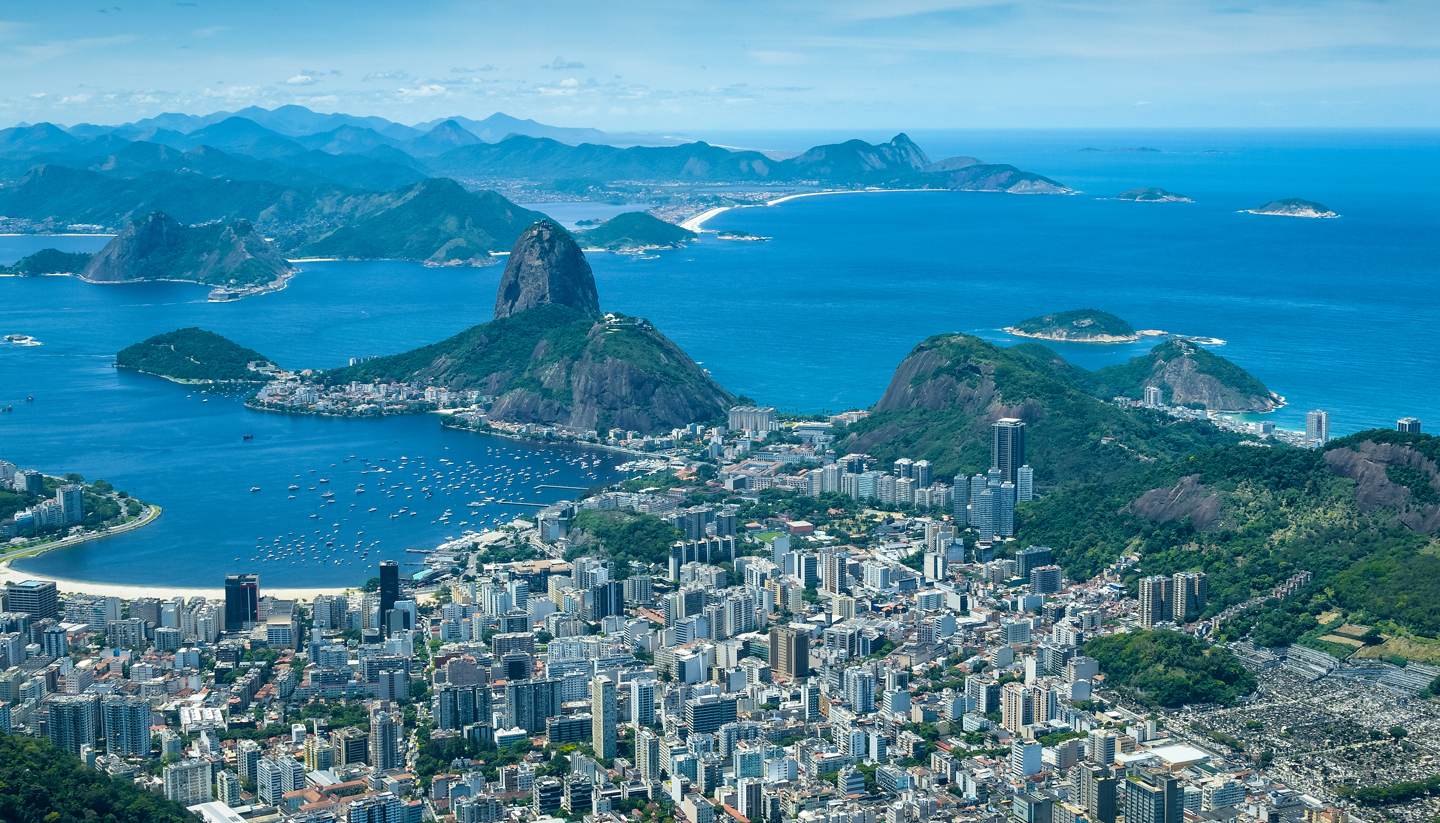Brazil: Doing business and staying in touch
Doing Business in Brazil
Dress code is generally smart for men and women, and suits are worn when meeting heads of companies or attending semi-formal social functions in exclusive clubs and restaurants. Exchange of business cards is customary at formal meetings, and often by way of introduction. Business people usually expect to deal with someone of an equal status.
Introductions from mutual contacts are highly valued in Rio de Janeiro, a city where who you know often matters as much as you what you know. Things are generally more relaxed in the extreme heat of the Amazon and northeast of the country, where more practical, casual clothes are the norm.
Normal business hours are Monday to Friday 0900-1800. Quite often, however, business is done over dinner in a restaurant. Brazilians have an incredibly relaxed attitude to time and are often very late for meetings.
Brazilians are more casual than their Latin American counterparts but it is important to dress neatly and offer respect. Bear in mind that it can get cold in the south in the winter, though in Rio, temperatures remain higher than in most parts of Europe at the same time, all year round.
At the beginning of a conversation, strangers should always be addressed with the formal o senhor or a senhora until they use the informal tu or você. Professionals will often be addressed as o doutor or a doutora (doctor), whatever their line of business, as a term of respect. Shaking hands is the first point of contact, although kissing on the cheek is common on subsequent meetings, from men and women to other women. It is very important to take time for pleasantries, which are exchanged, often at some length, at the start and end of a conversation. The rituals of greetings and farewells may seem quite drawn out compared to the UK; but it creates the best impression not to try to rush through the small talk. Although many executives speak English, it is advisable to conduct business in Portuguese if possible.
Office Hours
Mon-Fri 0900-1800.
Economy
Despite widespread poverty, Brazil has the world's ninth largest economy by nominal GDP. After more than a decade of impressive growth, the economy slowed in 2013 and the country entered an ongoing recession in 2014. The IMF predicts a return to positive growth in 2017, with Brazil expected to overtake the UK's economy by 2030. Agriculture is the second largest sector in terms of employment and Brazil is the world's second-largest exporter of agricultural products, principally soya beans, coffee and sugar. There is also a substantial industrial sector, led by the automotive, aircraft, petrochemical, mining, construction and textile production industries. The country possesses large mineral reserves including iron ore - of which Brazil is the world's largest exporter. The development of Brazil's potentially vast oil and gas resources has ended its dependence on energy imports, despite opposition on environmental grounds. The service sector is also important to the economy, particularly in banking and tourism.
The left-wing Workers Party (PT) government, which took office in 2003, enjoy widespread support, having introduced a raft of progressive social policies and presided over the fastest growing economy in the world between 2003 and 2012.
Despite the country's considerable natural wealth, it is domestic consumer demand that has made the Real, and the Brazilian economy, continue to boom. As a result, foreign visitors to Brazil will find prices similar to those in Western Europe, particularly in cities such as Rio.
GDP
US$1.775 trillion (2015).
Main exports
Transport equipment, iron ore, soy beans, cocoa, beef, footwear, coffee
Main imports
Machinery, transport and electrical equipment, chemical products and oil.
Main trading partners
China, USA, Argentina, Germany and South Korea.
Keeping in Touch in Brazil
Telephone
Public telephones accept cartões telefônicos (telephone cards), which can be obtained from newspaper kiosks. International calls from Brazil are expensive and in most cases it will be cheaper to use VoIP services such as Skype for outbound international calls.
Mobile Phone
Mobile coverage is generally very good. Coverage is provided with a number of mobile phone carriers including Oi, Vivo, Claro, Tim, CTBC, Sercomtel and Nextel. Roaming agreements exist with most international mobile phone companies, but travellers should check with their service providers. An unlocked GSM tri- or quad-band cell phone works in Brazil, with SIM cards widely available. Sim cards can be bought at newsstands, shopping malls and a variety of other outlets. Minutes can be added via cartões pre-pago (prepaid cards), available at newspaper kiosks.
Internet
Many hotels provide guests with internet access using Wi-Fi, although this may be added to the bill at the end of your stay. Internet cafés can be found in main towns and cities, and there are often internet booths at airports. In smaller towns, public access is sometimes available at post offices. 4G is available in over 140 Brazilian municipalities, including the 23 state capitals and the country's Federal District, which in total represent more than 40% of the country's population.
Media
Brazil's constitution guarantees a free press. There are thousands of radio stations and hundreds of TV channels in Brazil, South America's largest media market. Media ownership is highly concentrated and home-grown conglomerates such as Globo, Brazil's most successful broadcaster, dominate the market, operating TV and radio networks, newspapers and pay-TV. Brazilian dramas and soaps are exported around the world. Novelas (soap operas) and reality TV are hugely popular.
Post
Services are generally reliable. International Standard services to Europe take about one week. Surface mail takes at least four weeks.
Post Office hoursMon-Fri 0800-1800; Sat 0800-1200.



